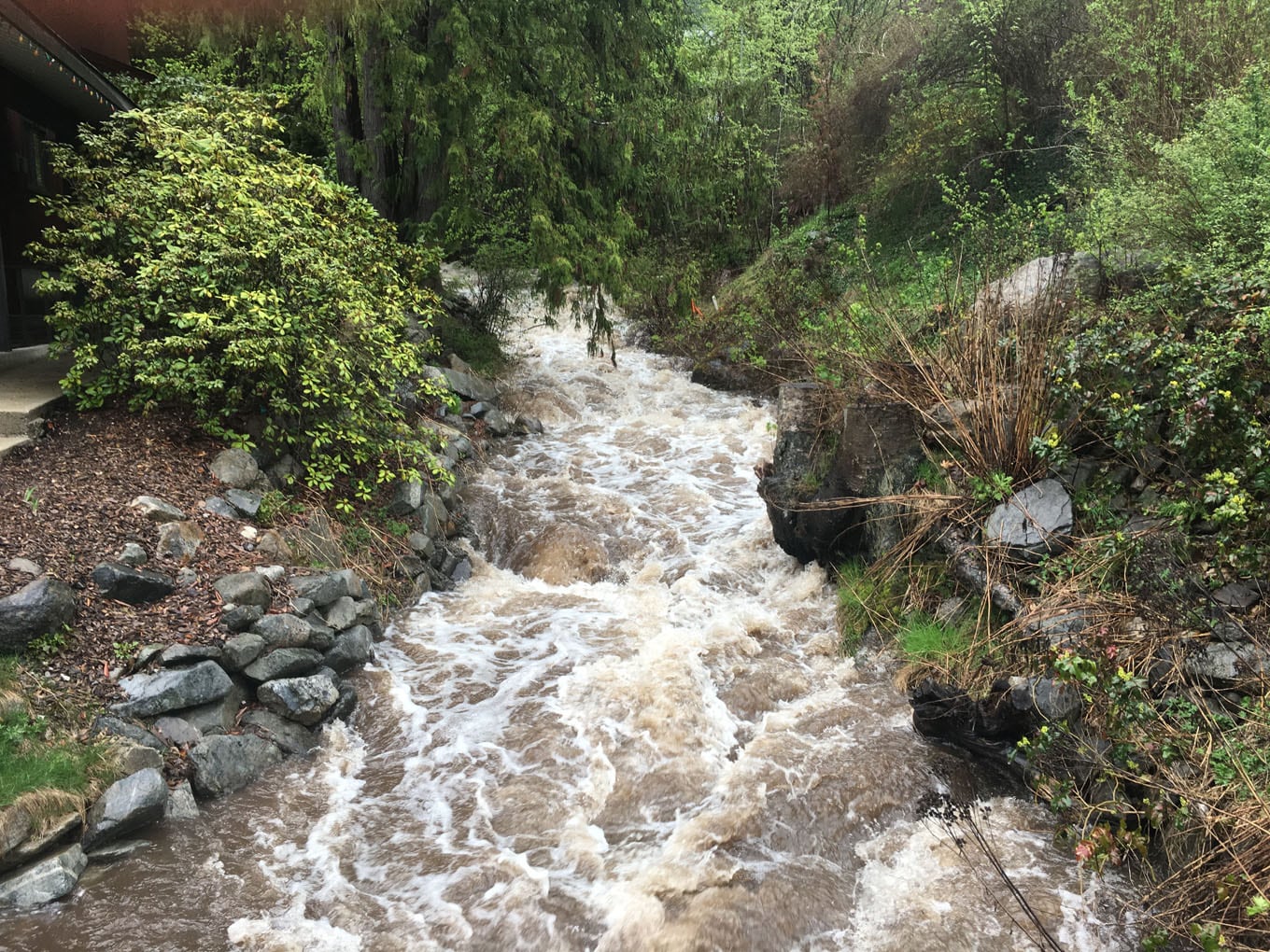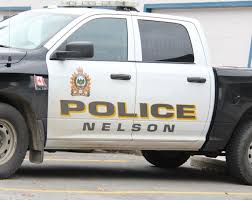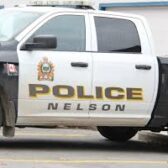Securing secondary source of water for city remains main focus of council this year
The search continues for the City of Nelson.
With water and sewer rates expected to creep up this year — by two and 1.5 per cent respectively — the real focus on the liquid front will be securing a secondary source of water for the city in 2019.
Last November it was revealed that the city was approved for a $6 million grant to fund secondary source treatment.
The grant will cover 100 per cent of the cost of bringing the water from both Anderson and Selous creeks to the Mountain Station reservoir for treatment.
The project will take four years with engineering and planning to be undertaken in 2019 and construction expected from 2020 to 2022.
“This project will also assist the city with creating infrastructure that would be necessary to access a secondary source of water that is currently being investigated,” noted a city staff report.
It has long been a priority for the city to develop a safe and adequate water supply, a secondary source to supplement the Five Mile Creek water supply, along with an emergency water supply system to make the community more resilient to drought events.
City council recently approved third readings on the bylaw to adopt the changes and the new rates, with fourth reading and adoption set for later this month.
The infrastructure work to use the West Arm of Kootenay Lake as an emergency water source was completed in 2018. Some additional capital funds have been allocated in 2019 to extend the water intake as well as prepare the intake tie-ins to the water system.
Rates going up
The rationale behind the proposed rate increases are expected to “ensure that the water and sewer utilities are sustainable and will allow the city to keep on target with implementing the capital upgrades as outlined in the Water and Sewer Master Plans,” while maintaining a balance in the respective utility reserve accounts.
The city has begun the budgetary process necessary to deal with the service, with a recent council vote (third reading) is proposing to raise the rates by $18 per year for both water and sewer services, nudging the amounts to just over $1,000 to $1,017.90 for the average household.
Among other proposed changes, city staff has recommended a“reallocation of a portion of the current water user fees to the sewer user fees,” as well as continuation of the 75 per cent rate discount for “conforming suites that are rented long term.”
The reallocation will fund the significant cost to upgrade the sewage treatment plant while taking advantage of the large grant received to fund the water project and keep the overall rate increases at an inflationary level between the utilities.
The city will also continuethe “strategic” residential metering installation and data collection project and analyze the data collected. The implementation of phase two of the meter rate increase will be on hold until further meter data information has been collected.
Water usage dropping
The previous year showed a continued decline in the total overall water usage in the city, as well as a drop in the average winter usage.
One theory for the reduction is the ongoing leak detection and repair work the city has conducting for several years.
“Leaking has been a problem, not so much water consumption,” said city manager Kevin Cormack.
Outpacing the infrastructure
Also, in November the results of a review and analysis of the sewage treatment plant (STP) was completed, noting that since 1972the plant has undergone a number of upgrades to meet regulatory requirements.
However, major upgrades have never beencompleted on the “headworks and electrical system,” prompting a grant application for $2.8 million to help fund the $4 million headworks and electrical upgrade at the plant.
Looking into the future the expected business and residential growth in Nelson have predicated additional improvements to the plant.
Estimates indicate a three-phase, four-year upgrade with a price tag of $15 million.
“These improvements would allow the plant to effectively handle future growth as well as treat the recent (past two years) spike in the strength of the effluent treated by the plant and meet the new BC Municipal Wastewater regulations for effluent and discharge,” noted a city staff report to council.
Speaking of sewage
Two years ago there was a significant increase in the strength of the effluent being handled at the city sewage treatment plant (STP), but it has not subsided back to the lower levels as seen in the past.
The existing plant was not designed to handle the new higher strength product and is subsequently “putting substantial strain on the treatment equipment and process currently at the plant.”
A testing and monitoring program from manholes around the city now underway could lend some understanding as to where the higher strength product is coming from and see if there are ways to pre-treat the effluent before it is sent to the plant, noted the staff report.
— Source: City of Nelson


























